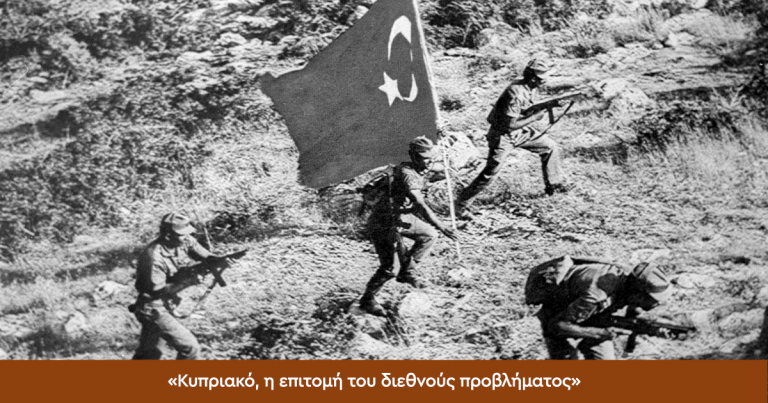In 1570, the Ottomans violently conquered the island, and by the late 19th century, it was handed over to the British Empire. The mid-20th century saw Cyprus’s struggle for decolonization, leading to a difficult future: from the painful birth of the Cypriot state in the summer of 1960 to the intercommunal clashes and the tragic coup of July 1973, which triggered the Turkish military invasion and the island’s division. These episodes will delve into these events and their impact on the collective memory of the people. Through this series, we aim to understand modern Cypriot history and highlight its significance for the present and future of the region.
This year marks 50 years since the coup and the Turkish invasion, most of which has been dominated by talks aimed at resolving the Cyprus issue, one of the most challenging geopolitical problems in international law. The more complex an international problem is, the more weight history and identity issues carry in how people, especially those directly involved, understand it. Therefore, it is crucial to approach such matters as calmly as possible. An entirely objective reading of national history is impossible. However, an honest, subjective, and sober approach is always desirable. This is what these two episodes strive to achieve—breaking down stereotypes.
